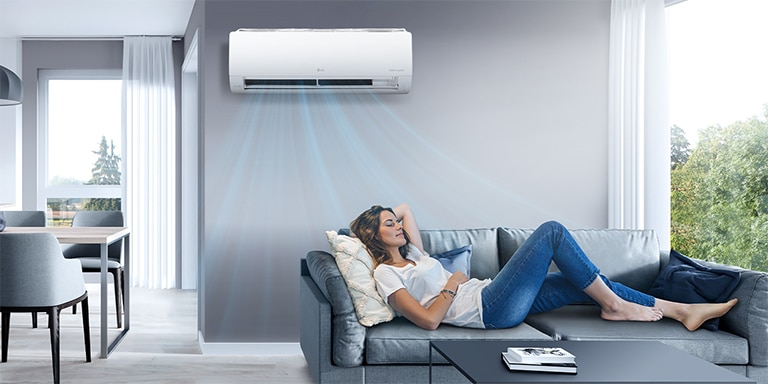
Maintaining a comfortable home environment is essential, regardless of the season. That’s where your heating and AC systems come into play. Understanding how these systems work and how to keep them running efficiently can save you money and ensure your comfort.
Understanding Heating Systems
When the temperature drops, a reliable heating system is crucial. There are several types of heating systems, each with its own benefits:
- Furnaces: These are common in many homes, using natural gas, propane, or electricity to heat air and distribute it through ductwork.
- Heat Pumps: These systems can both heat and cool your home. In heating mode, they extract heat from the outside air (even in cold weather) and transfer it indoors.
- Boilers: Boilers heat water, which is then circulated through radiators or baseboard heaters to warm your home.
- Radiant Heating: This system uses heated floors, walls, or ceilings to radiate warmth throughout a room.
Regular maintenance is key to keeping your heating system running smoothly. This includes:
- Changing air filters regularly.
- Inspecting and cleaning burners.
- Checking for gas leaks.
- Ensuring proper ventilation.
Understanding Air Conditioning Systems

When summer arrives, a reliable AC system is essential for keeping your home cool. Here are the main types of air conditioning systems:
- Central Air Conditioning: This system uses a network of ducts to distribute cool air throughout your home.
- Ductless Mini-Splits: These systems are ideal for homes without ductwork. They consist of an outdoor compressor and indoor air handlers.
- Window Units: These are self-contained units that fit into a window and cool a single room.
To keep your AC system running efficiently, consider these maintenance tips:
- Regularly cleaning or replacing air filters.
- Cleaning condenser coils.
- Checking refrigerant levels.
- Ensuring proper drainage.
Choosing the Right Heating and AC System

Selecting the right heating and AC system for your home depends on several factors, including:
- Home Size: The square footage of your home will determine the size of the unit you need.
- Climate: The climate in your area will influence the type of system that will be most efficient.
- Energy Efficiency: Look for units with high SEER (Seasonal Energy Efficiency Ratio) and AFUE (Annual Fuel Utilization Efficiency) ratings.
- Budget: Consider both the initial cost of the unit and the long-term energy costs.
Investing in a high-quality heating and AC system and keeping it well-maintained can significantly improve your home's comfort and energy efficiency. Don’t hesitate to consult with a professional to determine the best system for your needs.
The importance of Proper Insulation
Even with the most efficient heating and ac units, if your home is poorly insulated, you’ll be wasting energy and money. Proper insulation is key to keeping conditioned air inside your home. Check your attic, walls, and windows for proper seals. Adding insulation can dramatically reduce your energy bills.
Smart Thermostats
Consider installing a smart thermostat. These devices learn your habits and adjust the temperature accordingly, saving energy and maximizing comfort. Many smart thermostats can be controlled remotely via smartphone, giving you even more control over your home's climate.
Professional Maintenance

While DIY maintenance can help, it’s essential to have your heating and AC systems professionally inspected and serviced at least once a year. A trained technician can identify potential issues and ensure your systems are running at peak performance. Regular professional maintenance can extend the lifespan of your units and prevent costly repairs.
Energy Efficiency Tips
Here are a few additional tips to improve the energy efficiency of your heating and AC systems:
- Seal any air leaks around windows and doors.
- Use ceiling fans to circulate air.
- Keep curtains and blinds closed during the hottest part of the day.
- Replace old, inefficient units with newer, energy-efficient models.
By following these tips, you can ensure your heating and AC systems provide reliable and efficient comfort for years to come.
No comments:
Post a Comment
Note: Only a member of this blog may post a comment.